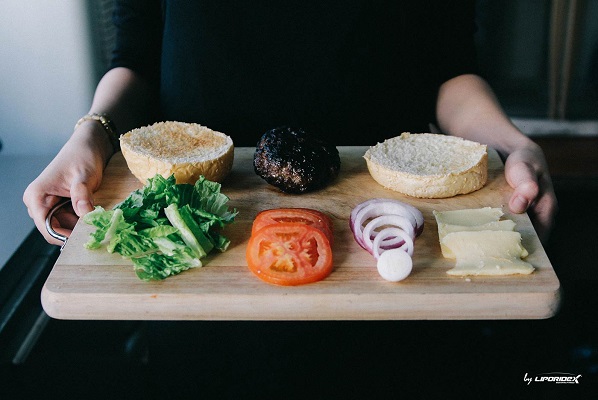Meal Prep Bags and Other Diet Hacks
After figuring out your daily calorie intake, the next step that you need to in your meal planning efforts is figuring out your macros and meal timing. This can sound daunting, but as long as you are prepared and have your food ready and with you in meal prep bags each day, it can actually be much easier than you think.
If macros sounds like a foreign term to you, not to worry, it’s not as complicated as it may seem.
The term macro essentially refers to a major nutrient you take in through your food intake. These nutrients include protein, carbohydrates, and dietary fats.
Let’s look at what you need to know about these, as well as food timing for your meal planning.
Proteins
Protein is the building blocks that your tissue is made up of, so as you might imagine, a very important macronutrient you must be taking in. Protein rich foods also stabilize blood glucose levels, combat hunger, and help you recover quickly from any exercise you perform.
The best protein rich foods include chicken, turkey, fish, lean red meat, low fat dairy products, eggs, and whey protein powder.
You should be aiming to eat some protein with each meal and snack you consume, spreading it out over the course of the day.
Generally recommendations for protein sit at around 0.8-1 gram per pound of lean body mass per day.
Carbohydrates
Carbohydrates re the energy providing nutrient. These are what your body burns each time you exercise or simply go for a walk. You’ll find carbohydrates in grains, potatoes, fruits, and vegetables (to a lesser degree as these are very low calorie foods).
Carbohydrate are often feared in the diet as many think they cause weight gain. They’ll only cause weight gain however if you eat too many of them and the wrong types.
When selecting your carbohydrates, you want to focus on the least processed varieties available. This means brown rice, sweet potatoes, oatmeal, quinoa, as well as fresh fruits and vegetables.
Eliminate all the process snack-type foods, breads, and pastas that most people feast on today.
In terms of when to eat your carbohydrates, put the calorie-dense carbs (rice, oatmeal, potatoes) early in the day and around the times you’re exercising.
Then place vegetables and fruits later on in the day when you’re less active.
Dietary Fats
Finally, the last macronutrient is dietary fats. Don’t get caught up in thinking that eating fat will lead to fat gain. It’s only if you eat too many calories that you’ll see weight gain.
Small doses of healthy fats are a must in the diet as they provide you with important vitamins that you need. Plus, they also help keep your hormone levels where they need to be and will also provide a long-term source of energy.
Just do be careful about how much dietary fat you eat as they are very calorie dense and will add up quickly.
Aim to eat dietary fats with your later meals during the day when your carbohydrate intake is lower. Also avoid them before and after exercise as they can slow down digestion and make you feel sluggish while at the gym.
There you have the facts about how to go about your meal planning with regards to your macros and food timing. Try and space your meals out every three to four hours throughout the day to avoid getting too hungry and suffering from low blood sugar levels, which is where things like meal prep bags come in handy.
Our Best Tip for Success: Meal Prep Bags
If you set up your diet properly, it can go a long way towards making it easier to follow and helping you see long-term results. But sticking to it is just as important. We suggest having your meals made in advance, and then using meal prep bags to make sure you always have them on hand. This ensures you are eating what you should when you should, and will be the ultimate key to your weight loss success.



